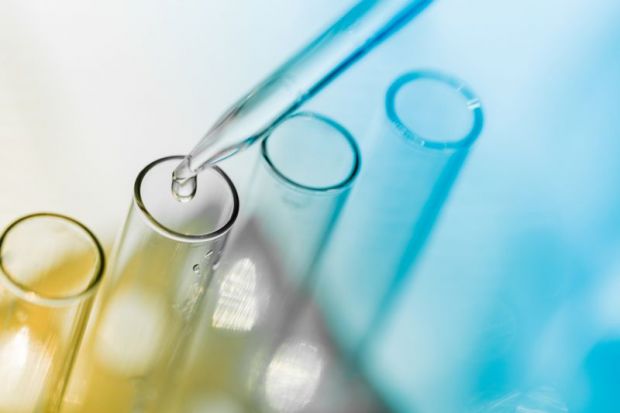Three scientists have been honoured in this year’s Nobel Prize in Chemistry for “taking control of evolution” through their discoveries of new enzymes.
One-half of the SKr9 million (£770,000) prize goes to Frances Arnold, professor of chemical engineering, bioengineering and biochemistry at the California Institute of Technology; the other half is shared between George Smith, formerly professor at the University of Missouri, and Sir Gregory Winter, from the MRC Laboratory of Molecular Biology at the University of Cambridge.
Professor Arnold becomes the fifth woman to win the Nobel for chemistry during its 117-history and is recognised “for the directed evolution of enzymes” – which she succeeded in doing for the first time in 1993.
The process, which has since been refined, can be used in environmentally friendly manufacturing of chemical substances as well as renewable fuels.
Sir Gregory’s win marks the 12th Nobel for the Cambridge laboratory, and is given in recognition of his work with Professor Smith developing a new method of directed evolution known as “phage display”. The process uses viruses that infect bacteria to evolve new proteins.
Phage display is now used in the production of new pharmaceuticals and has produced antibodies that can neutralise toxins, counteract autoimmune diseases and even cure metastatic cancer.
A genetic engineer, Sir Gregory is also the current master of Trinity College, Cambridge and becomes the 107th Nobel laureate from the university.
Announcing the prize in Stockholm on 3 October, the Nobel committee said that the discovery of directed evolution “will bring the greatest benefit to humankind”.
Dame Carol Robinson, president of the Royal Society of Chemistry in the UK, congratulated all three laureates and said that the directed evolution of enzymes and antibody technology “are now transforming medicine”.
“Today’s Nobel Prize in Chemistry highlights the tremendous role of chemistry in contributing to many areas of our lives including pharmaceuticals, detergents, green catalysis and biofuels. It is a great advert for chemistry to have impact in so many areas,” she added.
Register to continue
Why register?
- Registration is free and only takes a moment
- Once registered, you can read 3 articles a month
- Sign up for our newsletter
Subscribe
Or subscribe for unlimited access to:
- Unlimited access to news, views, insights & reviews
- Digital editions
- Digital access to THE’s university and college rankings analysis
Already registered or a current subscriber? Login








